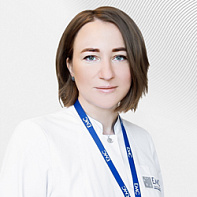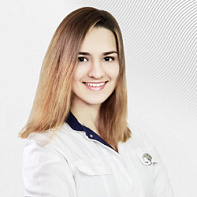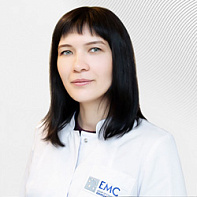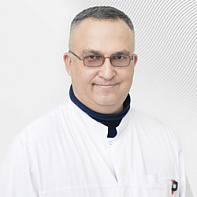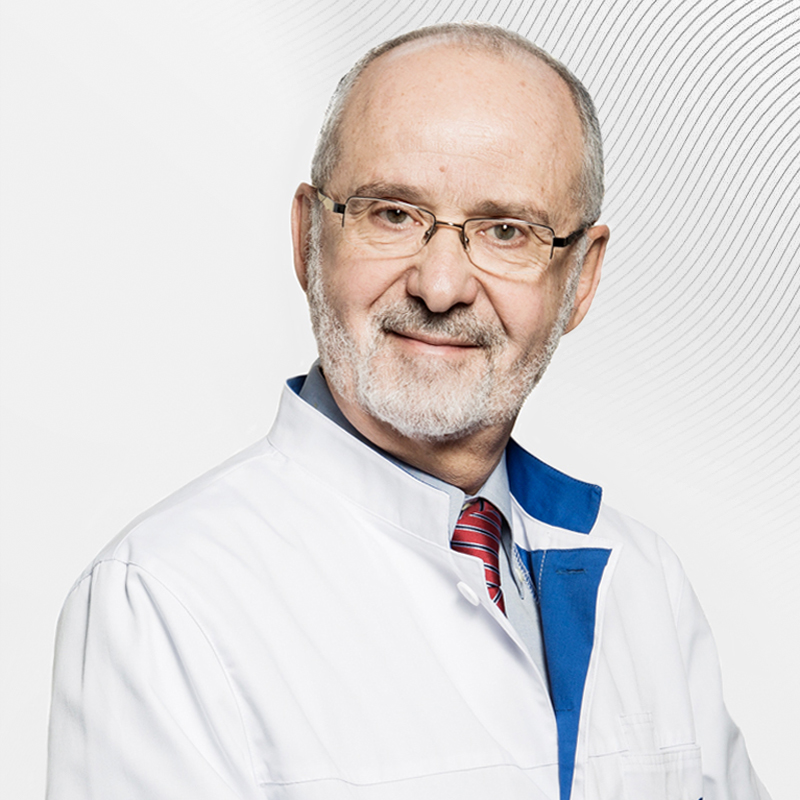Addresses of clinics:
- Moscow, Prospekt Mira metro station, Shchepkina str., 35
- Moscow, Prospekt Mira metro station, Orlovsky lane, 7
Computed tomography (CT) is a method of layered X-ray scanning. It can be called an improved version of radiography.
Computed tomography of the abdominal cavity is one of the most common diagnostic procedures. Along with ultrasound, it is the leading diagnostic examination performed for suspected acute and chronic diseases of the abdominal cavity and retroperitoneal space.
The abdominal cavity includes the liver, gallbladder, biliary tract, pancreas, spleen, stomach, intestines. Retroperitoneal space - kidneys, adrenal glands, urinary system.
The range of diseases that require this study is extremely wide.In each individual case, the need and specifics of the examination are discussed with the radiologist.
During CT scan of the abdominal cavity, the following are evaluated:
- relative position and size of organs;
- organ structure;
- anatomical variants of abdominal organs development;
- the presence of neoplasms, inflammatory changes, "stones" in the gallbladder, bile ducts, kidneys, and ureters;
- condition of the bile ducts;
- the condition of the lymph nodes;
- condition of abdominal vessels;
the presence of fluid in the abdominal cavity and retroperitoneal space.
In addition, with certain preparation, it is possible to examine the condition of the colon (CT colonography) and small intestine (CT enterography). Also, the images can be used to make a conclusion about the condition of the lumbar vertebrae and pelvic bones – CT perfectly visualizes bone tissue. CT with intravenous contrast is used to study the vascular system.
We are chosen because:
- We have state-of-the-art multispiral computed tomographs (such as Phillips iCT 256) and software (IDose) installed, providing excellent research quality and a significant reduction in radiation dose. This allows us to obtain highly informative diagnostic images, which is the key to making an accurate diagnosis and selecting the most effective treatment regimen.
- Most of the studies at the EMC clinics in Moscow are independently analyzed by two radiologists. In particularly difficult cases, the results are discussed within the framework of consultations of doctors.
- You can do research here around the clock, seven days a week.
- The head of the EMC radiation diagnostics departments is Professor Evgeny Isaakovich Libson (Israel), who in the past headed the radiation diagnostics department of one of the largest hospitals in Israel, is an honorary member of King's College (Great Britain), a member of the European and North American radiological communities.
- We use modern research protocols that comply with the recommendations of the American and European radiological communities ESR, RSNA.
- We do everything possible to make patients feel as comfortable as possible throughout their stay in the clinics.
- Both adults and children, including newborns, can undergo medical examinations in the presence of a qualified anesthesiologist.
Computed tomography of the abdominal cavity with intravenous contrast
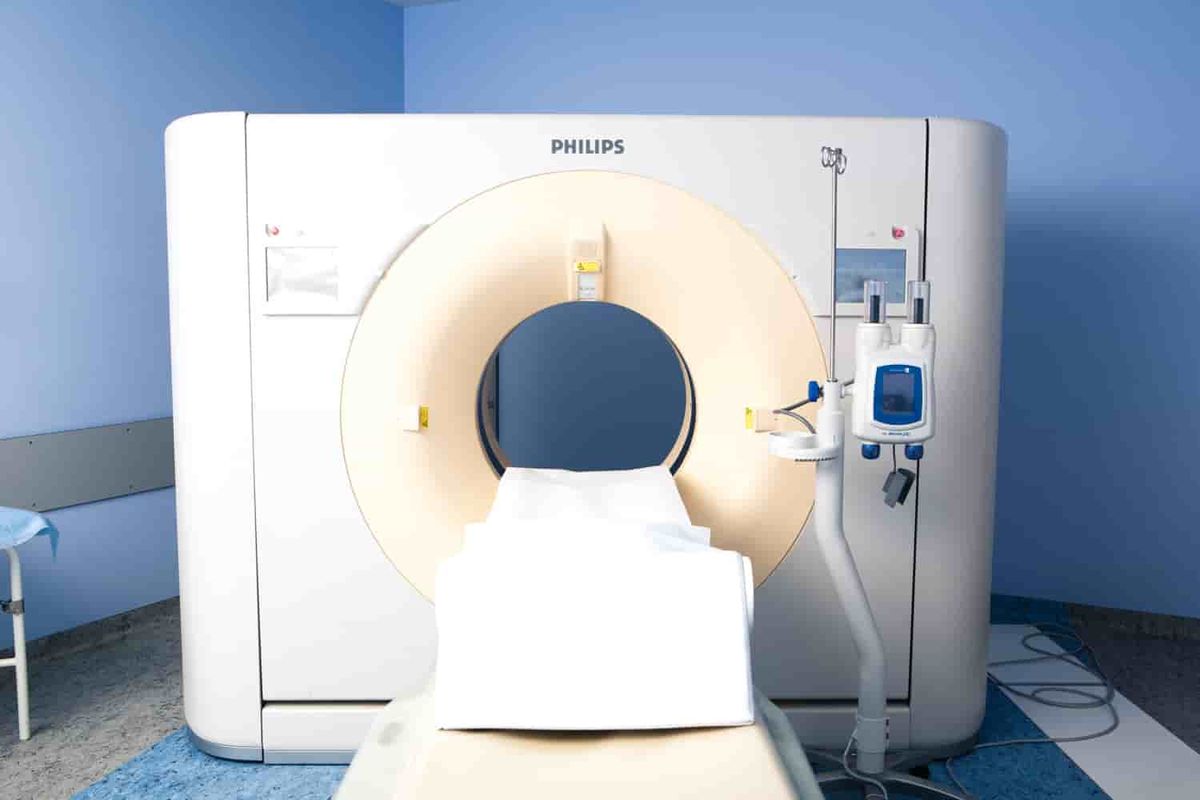
To assess changes in the structure of organs and soft tissues, it is necessary to use contrast enhancement (intravenous administration of a contrast agent).
Contrast agents for computed tomography are substances containing iodine molecules in their composition. These molecules allow the drug to actively absorb X-rays and significantly increase the contrast of tissues in the resulting diagnostic images.
Computed tomography of the abdominal cavity with contrast makes it possible to more accurately assess the anatomy of this area, the condition of blood vessels, structural changes in organs, visualize and identify pathological processes in the liver, spleen, pancreas, kidney parenchyma, intestines and characterize their local distribution. In addition, the use of contrast media makes it possible to assess kidney function and urinary tract patency.
Contraindications for CT scan of the abdominal cavity
Restrictions on the use of computed tomography can be divided into 2 categories: restrictions on CT in general and restrictions on CT with intravenous contrast.
In the first category:
- Pregnancy. This limitation applies to routine examinations, especially those involving the pelvic region.In any emergency or life-threatening situations, the need for research will be determined by the risk to the health and life of the expectant mother and child.
In the second category:
- Severe allergic reaction to a contrast agent. In this case, we recommend consulting with a radiologist and choosing a different examination method.
Allergic reactions to food, medications, bronchial asthma. When conducting drug preparation for the administration of a contrast agent, the study can be carried out.
- Diseases of the thyroid gland.
- Kidney failure. The contrast agent is excreted by the kidneys. Insufficient filtration of blood by the kidneys, combined with a load of contrast agent, can negatively affect their work. To assess this risk, we recommend taking a blood test to assess creatinine concentration.
- Severe form of diabetes mellitus (diabetic angiopathy, nephropathy, etc.).
Preparation for the study
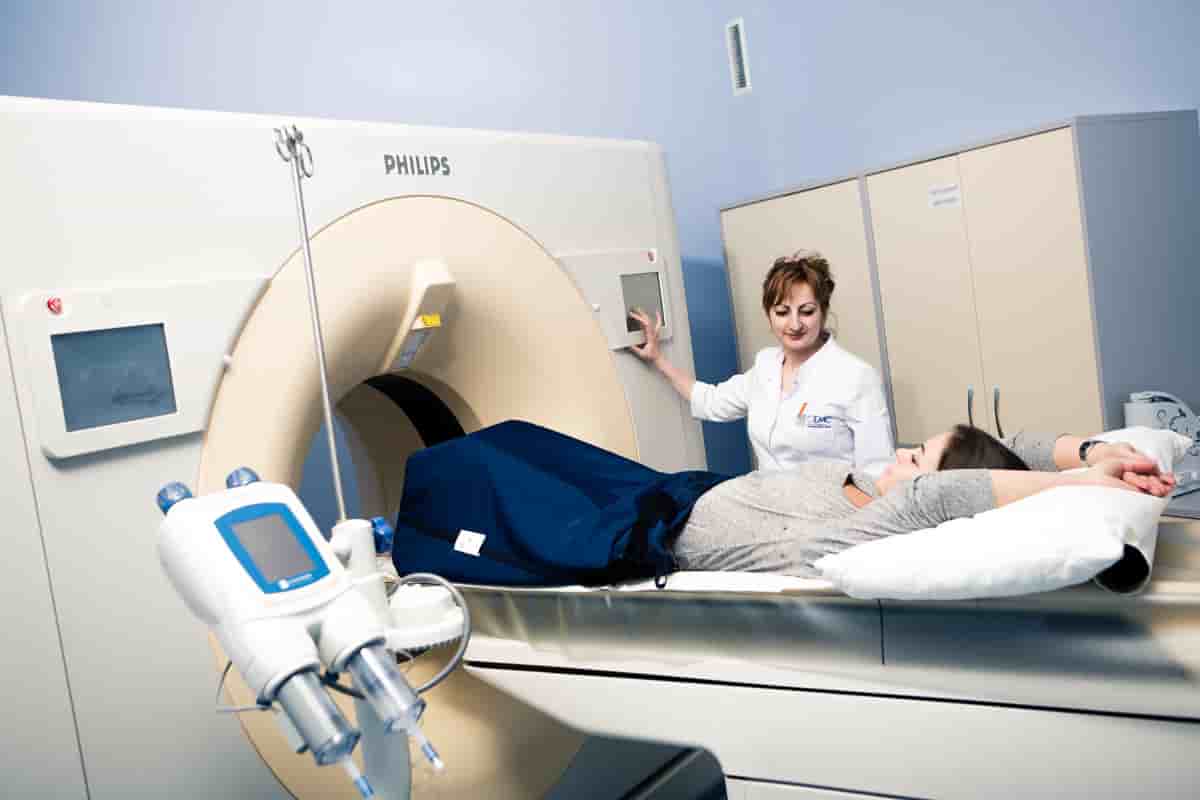
No preparation is required for computed tomography of the abdominal cavity without intravenous contrast.
To conduct this study with intravenous contrast, it is necessary:
- to clarify the presence of contraindications for the administration of a contrast agent;
- elderly patients, patients with known kidney diseases, and patients undergoing chemotherapy are recommended to have a blood test to determine the concentration of creatinine in the blood;
- in the presence of allergic reactions or a moderate decrease in the filtration capacity of the kidneys, it is necessary to carry out drug preparation for the study;
- do not eat at least 2 hours before the study;
- If you are taking medications that lower blood sugar levels, please notify your radiologist. Many of them contain metformin, and it will be necessary to stop taking them for 2 days after the intravenous contrast study.
How long does the study last
CT of the abdominal cavity is performed very quickly, in general, the study takes no more than 25 minutes (including changing clothes and administering a contrast agent), and the scan itself lasts several seconds.
CT results of abdominal organs
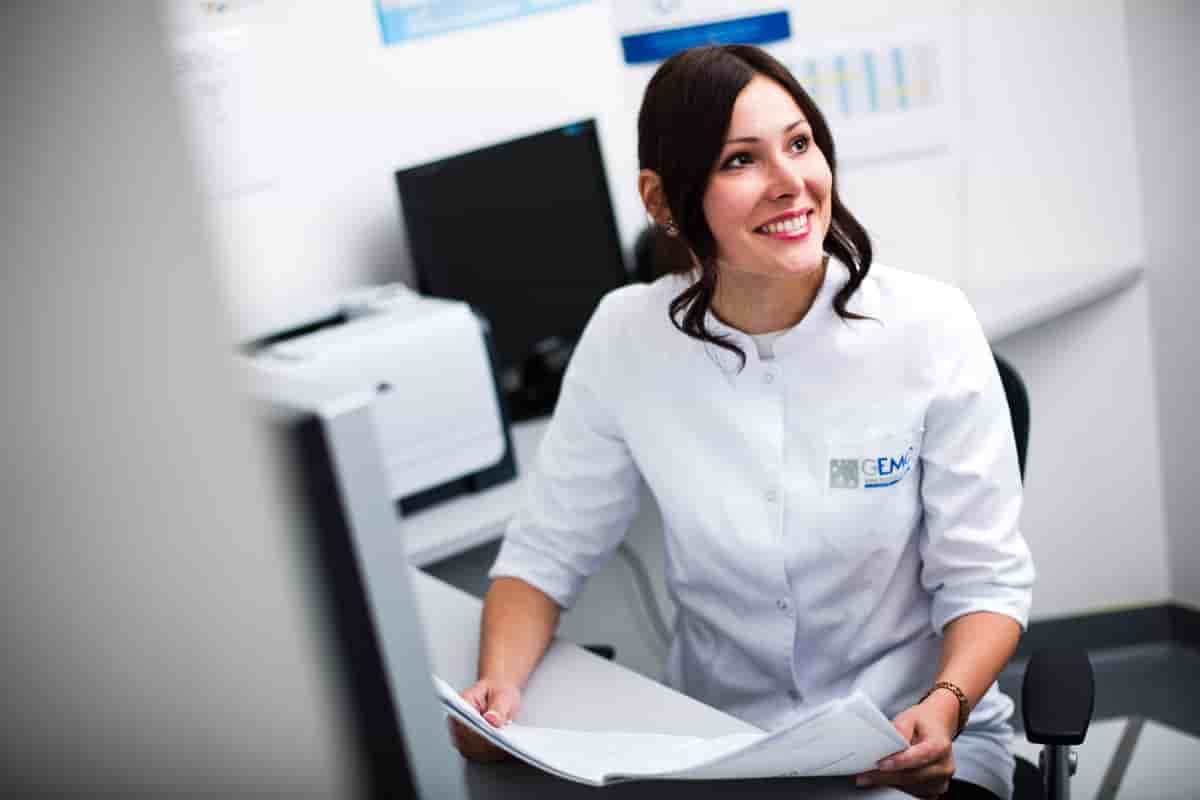
After the study, the images obtained are processed by a computer and transferred to the professional workstations of our radiologists.
Most of the studies in the department are analyzed independently by two specialists and, if necessary, can be discussed by a council of doctors.
The time when the results of the study are ready depends on the complexity of the clinical situation. The patient will receive preliminary information about the results of the study in a conversation with the doctor after the study.

 To assess changes in the structure of organs and soft tissues, it is necessary to use contrast enhancement (intravenous administration of a contrast agent).
To assess changes in the structure of organs and soft tissues, it is necessary to use contrast enhancement (intravenous administration of a contrast agent).
 No preparation is required for computed tomography of the abdominal cavity without intravenous contrast.
No preparation is required for computed tomography of the abdominal cavity without intravenous contrast.
 After the study, the images obtained are processed by a computer and transferred to the professional workstations of our radiologists.
After the study, the images obtained are processed by a computer and transferred to the professional workstations of our radiologists.
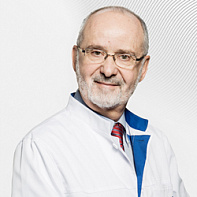
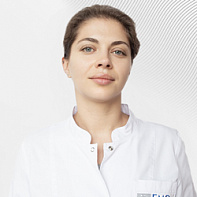
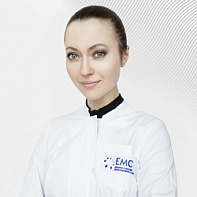
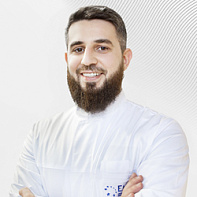
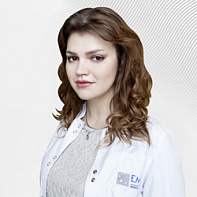

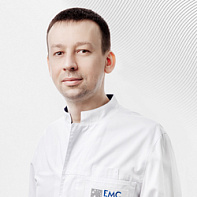

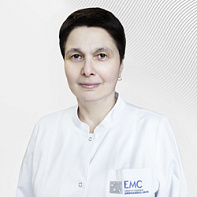
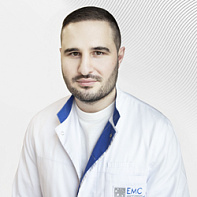

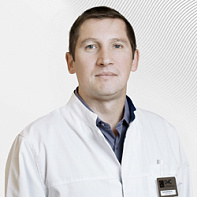
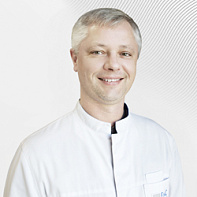
.jpg)
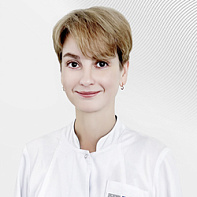
.jpg)
